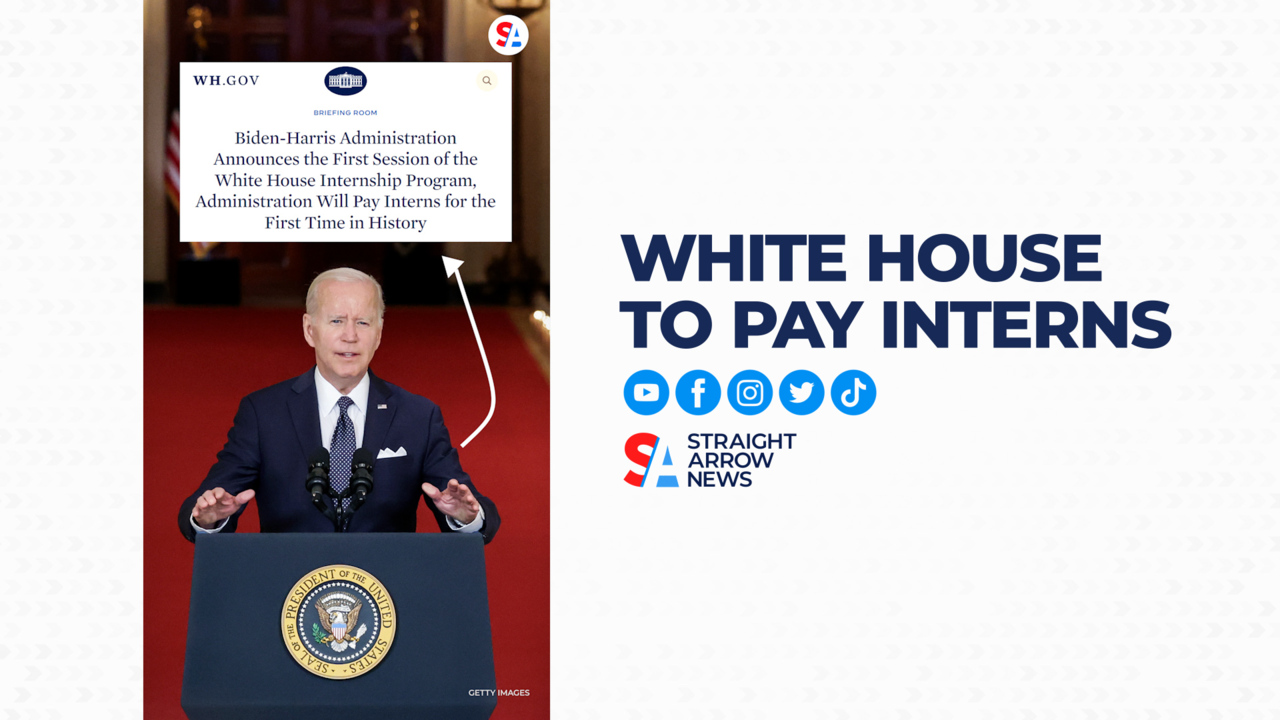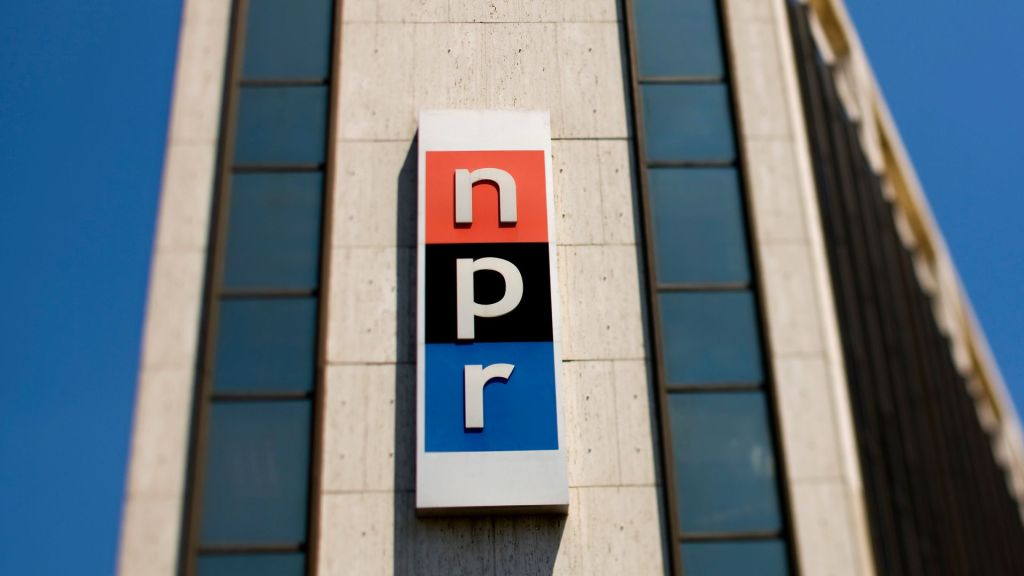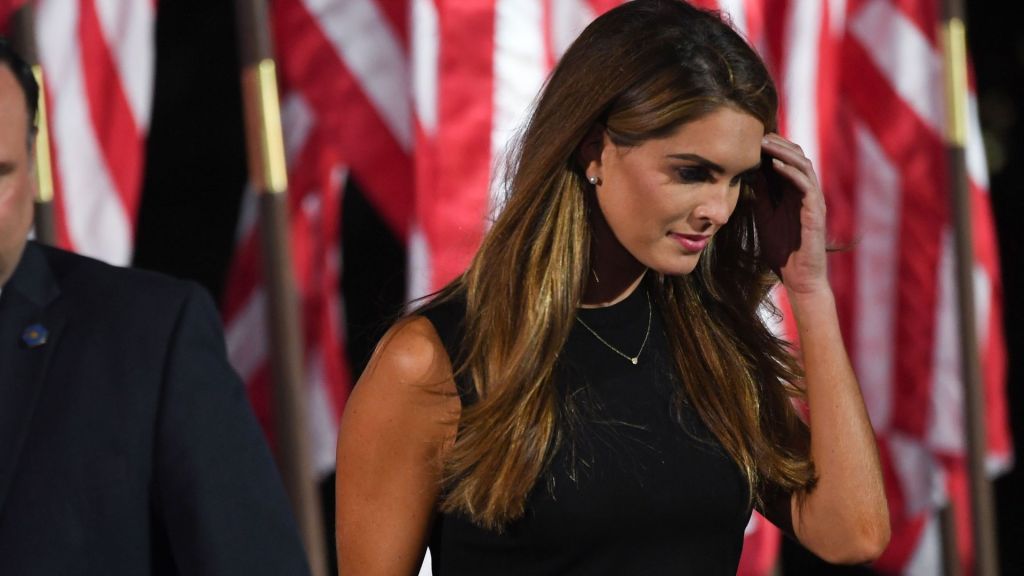
MAHMOUD BENNETT: THE WHITE HOUSE IS NOW ACCEPTING APPLICATIONS FOR INTERNS – AND FOR THE FIRST TIME SINCE THE 1970s , THEY’LL BE PAID.
STARTING THIS FALL CANDIDATES CAN BE PART OF A 14-WEEK PROGRAM WHERE THEY’LL GET 750 DOLLARS A WEEK TO WORK IN THE PEOPLE’S HOUSE
THE MOVE COMES AS UNPAID INTERNSHIPS HAVE COME UNDER INCREASED SCRUTINY – MANY SAYING IT’S AN OPPORTUNITY THAT ONLY THE PRIVILEGED CAN AFFORD
WHILE THE BIDEN ADMINISTRATION SAYS THEIR MOVE IS THE ‘FIRST IN HISTORY’ – THE WASHINGTON POST REPORTS WHITE HOUSE INTERNS WERE ACTUALLY CONSIDERED SALARIED EMPLOYEES BACK IN 1974.
BUT FOR DECADES LACK OF PAY HAS BEEN AN ISSUE ON CAPITOL HILL- ACCORDING TO A 2017 SURVEY 90 PERCENT OF HOUSE OFFICES DID NOT PAY THEIR INTERNS.
AND ADVOCATES HAVE BEEN PUSHING BACK – AS INFLATION HITS RECORD HIGHS AND THE COST OF LIVING RISES
THE BIDEN ADMINISTRATION SIGNED AN EXECUTIVE ORDER LAST YEAR URGING FEDERAL AGENCIES TO REDUCE THEIR RELIANCE ON UNPAID INTERNS
AND ON THEIR OWN A NEAR RECORD NUMBER OF AMERICANS HAVE QUIT THEIR JOBS OVER LOW PAY AND WORKING CONDITIONS – MILLENIALS AND GEN-Z LEADING THE EFFORT
HOW DO YOU FEEL ABOUT INTERNSHIPS? SHOULD THEY GET PAID OR LEARN THE ROPES FOR FREE? LET ME KNOW IN THE COMMENTS BELOW






